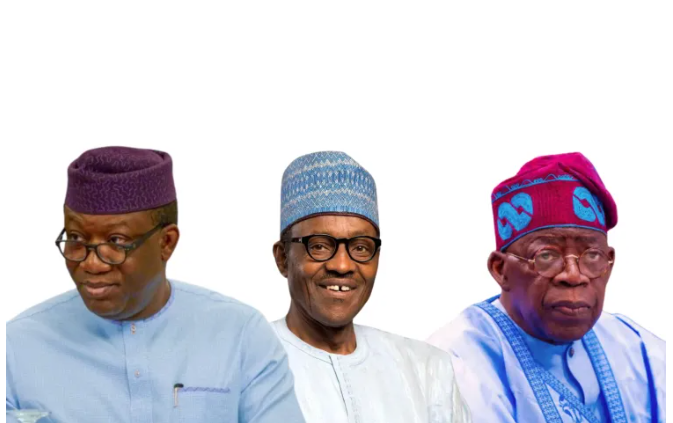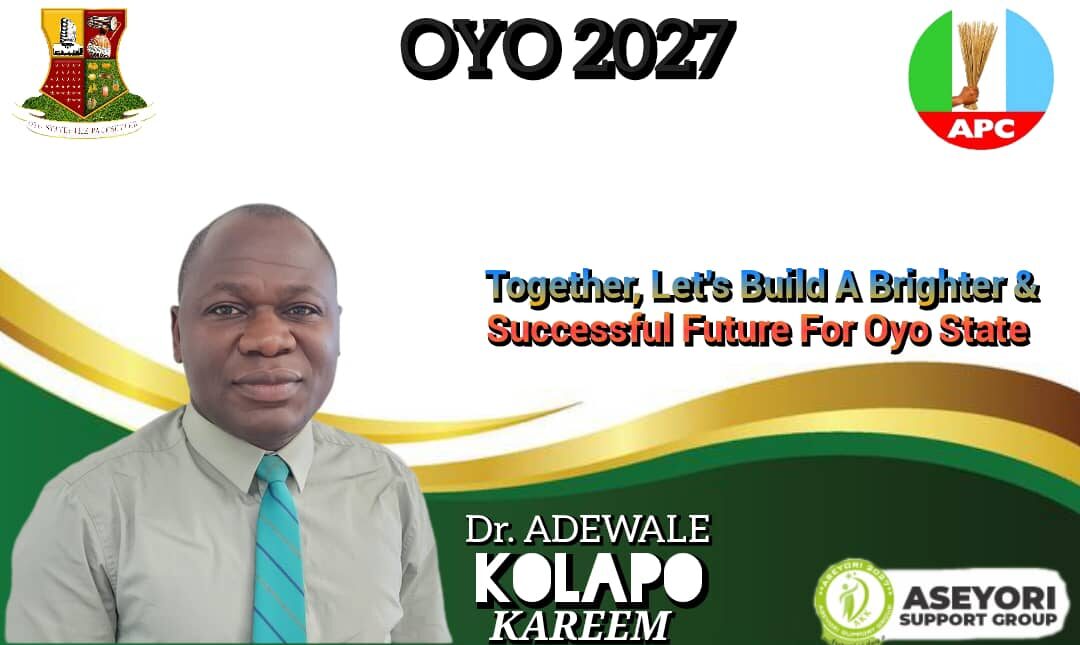
Although Mr Fayemi assured that “things will begin to improve” as the Tinubu-led government “has only been in office for one year,” he maintained that “if things don’t improve, then Nigerians reserve the right to decide what they want to do with us (APC).”

Former Ekiti State Governor Kayode Fayemi reviewed President Bola Tinubu’s key economic policies on Friday, which he admitted have taken a toll on the living conditions of Nigerians in the first year of his administration.

He referred to the removal of fuel subsidy and the convergence of Nigeria’s foreign exchange platforms announced by President Tinubu in his inauguration speech on 29 May last year.
Mr Fayemi said that although the policies were appropriate, the administration was unduly hasty with their implementation because it did not prepare adequately for the fallouts.
“I think there were some missteps, not that the policy changes are wrong,” Mr Fayemi, a top member of the ruling All Progressives Congress (APC), said while appearing on Channels Television’s Politics Today on Friday.
The former Minister of Solid Mineral Development during the first term of the immediate past President Muhammadu Buhari acknowledged that the Tinubu administration inherited challenges from the previous one, which, he said, made the policy changes necessary.
“I actually think the policy changes made were the appropriate policy changes, but the announcement at the inauguration was a little bit precipitate and did not allow for enough room to prepare the ameliorating circumstances that would address the challenges that were bound to come in terms of inflation with the fuel subsidy removal and foreign exchange convergence. And from then, we seem to have gone downhill,” Mr Fayemi said.The Tinubu administration began implementing the subsidy removal policy on its first day in office, strikingly announcing “subsidy is gone,” in his inauguration address in May last year. However the administration waited for about two weeks before floating the naira to achieve a convergence of exchange rates across platforms.
But, since then, the one-year-old administration of Mr Tinubu has been battling to deal with the fallout of the policies, including skyrocketing inflation with attendant high living costs.
Who is to blame?
The former governor, who was one of the 22 presidential aspirants that jostled for the APC presidential ticket with Mr Tinubu ahead of the 2023 presidential election, blamed political leaders across the country for the economic hardship Nigerians are grappling with as a result of the policies.
“The political leadership in the country definitely cannot absolve itself of the deteriorating factor of the economic challenges we are facing, and yes, ordinary Nigerians should blame us and hold us to account for not making their lives better,” said Mr Fayemi, who withdrew in the middle of the APC presidential primary election in 2022 to back Mr Tinubu.
But cautioning against generalising the country’s “macroeconomic challenges”, he said each tier of government contributed to the state of Nigeria’s economy.
“Yes, we are a federation and there is a central government which gets to take responsibility, for fiscal policies particularly and monetary policies, as well. But you also must find a way to look at variations in what is happening at the federal centre and in various states to draw a full picture of our trajectory in the democratic journey,” he said.
He also noted that government officials recognised the problems and are “trying to address that to the best of their ability.”